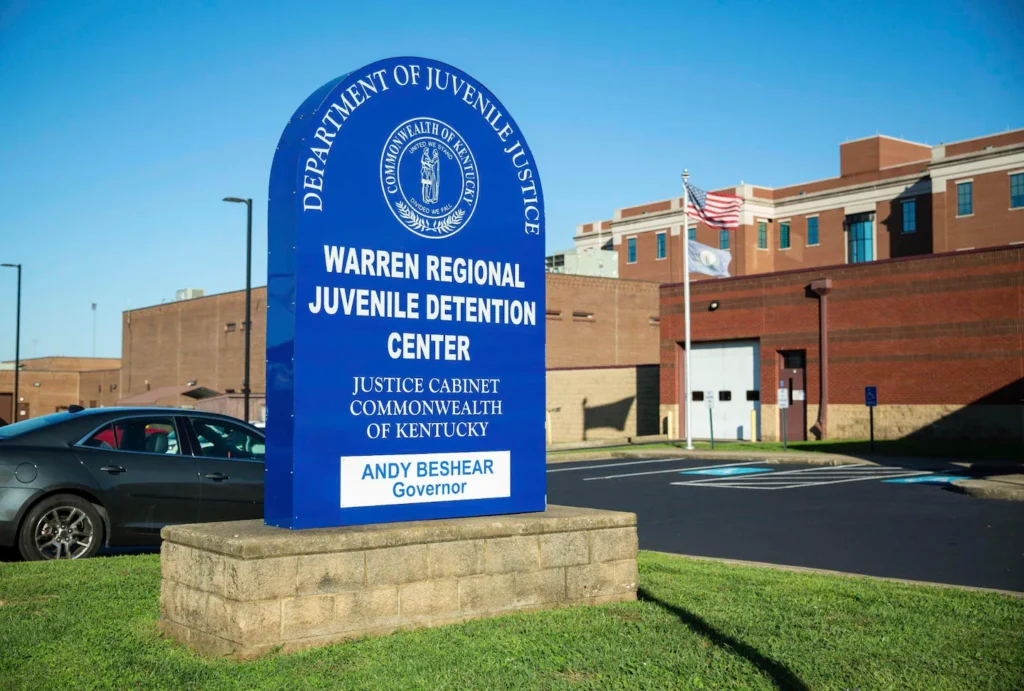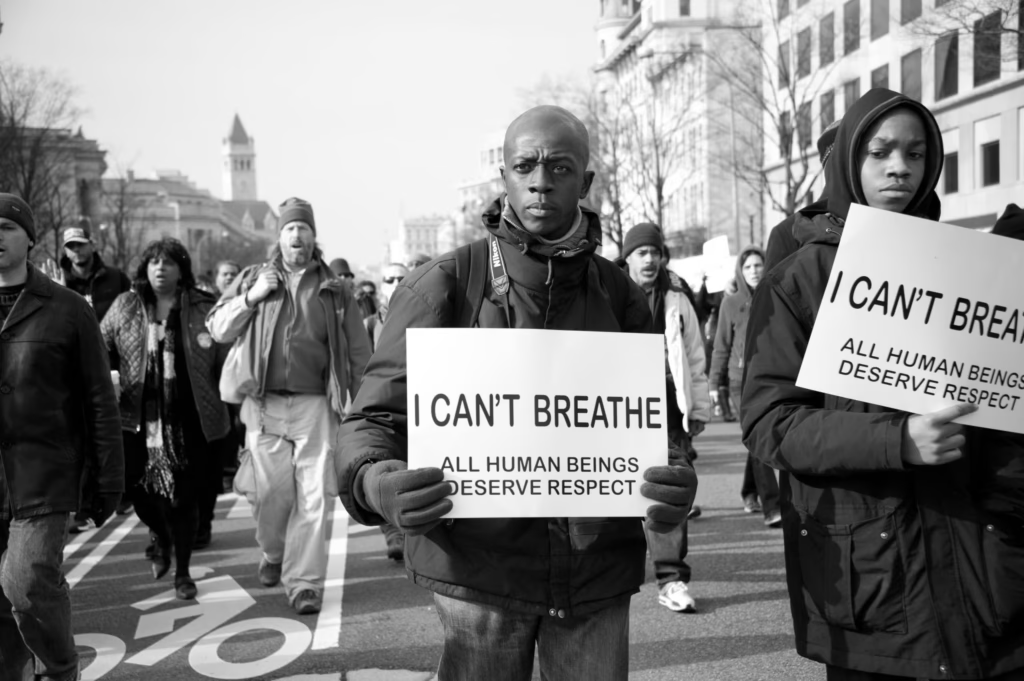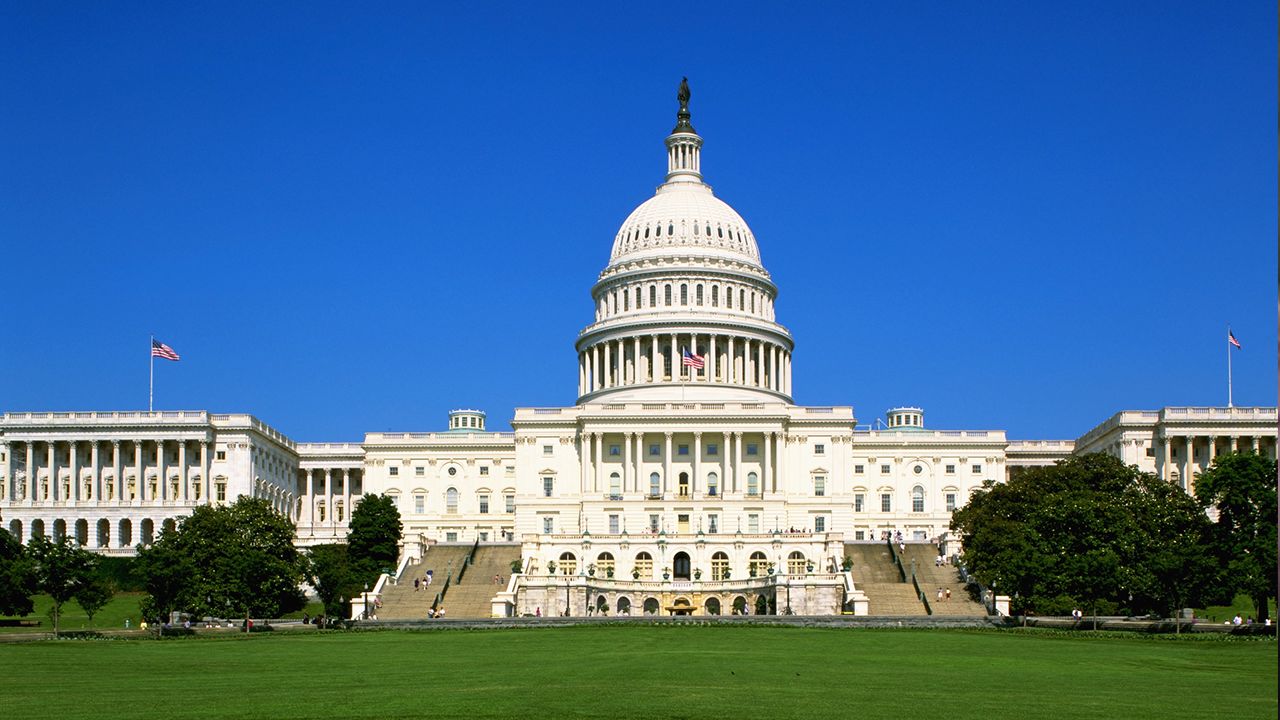Juvenile Defense in Washington D.C. 2025 – What Parents Must Know if Teens Face Adult Charges
Table of Contents
Introduction
In 2025, juvenile defense in Washington D.C. has taken center stage after lawmakers proposed a bill to lower the minimum age for adult prosecution from 16 to 14. This move has stirred controversy, with experts debating whether it protects public safety or endangers vulnerable youth.
For families, this trending issue is more than politics—it could determine whether a child receives a chance at rehabilitation or faces decades behind bars. Understanding how juvenile defense in Washington D.C. works today, and how it could change tomorrow, is essential for every parent and defense lawyer.
Why This Debate Matters in 2025
The rise in high-profile youth crimes has fueled lawmakers to push for stricter measures. Supporters believe stronger penalties deter crime. Critics argue that scientific research on adolescent brain development proves teens lack full impulse control and respond better to rehabilitation.
This isn’t just a legal debate—it’s a moral and social one. In the U.S., juvenile defense has always walked the line between accountability and second chances. The D.C. bill could tip the balance toward punishment.
Key Features of the Proposed Law
If passed, the bill would:
- Allow 14- and 15-year-olds to face adult charges for violent crimes such as assault, armed robbery, or homicide.
- Expose teens to adult prison terms rather than rehabilitation programs.
- Strip away privacy protections, since adult court records are public and harder to expunge.
This shift could redefine juvenile defense in Washington D.C., making early legal intervention more critical than ever.
Live Example: Lessons from Florida and New York
Washington D.C. isn’t the first place to consider such measures.
- Florida Example (2018): A 14-year-old was charged as an adult for armed robbery. Despite his age, he received a 25-year sentence. Years later, advocacy groups argued the system ignored the possibility of rehabilitation.
- New York Example (2019): A teen charged with manslaughter was tried in adult court. Public outcry followed after reports showed the teen faced violence in prison and no access to educational programs.
These cases highlight why juvenile defense in Washington D.C. must adapt quickly if the bill becomes law. Defense lawyers will need to use developmental science, school records, and expert testimony to keep kids out of adult prisons.

Impact on Families and Juvenile Defense in Washington D.C.
If you are a parent of a child accused of a crime, the stakes in 2025 are higher than ever:
- Harsher Sentences – Your child could face years, even decades, behind bars.
- Loss of Confidentiality – A public criminal record could affect education, jobs, and housing for life.
- Increased Risks – Youths in adult prisons are at higher risk of assault, isolation, and recidivism.
- Defense Strategy Changes – Lawyers must now lean on expert testimony about adolescent brain science to argue against adult prosecution.
The Trend on YouTube and Social Media
This debate has already spilled into social platforms:
- YouTube Panel Discussions: Legal experts, community activists, and parents are livestreaming debates about whether trying 14-year-olds as adults is “justice or injustice.”
- Trending Hashtags (#JuvenileJustice, #DCYouthLaw): On Twitter and TikTok, young activists argue that kids deserve rehabilitation, not lifelong punishment.
- Viral Interviews: Families of teens charged as adults in other states are sharing their experiences, warning D.C. parents what could happen if the law passes.
This online activism is making juvenile defense in Washington D.C. a trending legal issue nationwide.
What Families Should Do Right Now
If your child is facing charges in Washington D.C.:
- Hire a Skilled Juvenile Defense Attorney Immediately
Only a defense lawyer experienced in juvenile defense in Washington D.C. can fight to keep the case in juvenile court. - Collect Evidence for Rehabilitation
School records, mental health evaluations, and community involvement can show the teen’s potential for change. - Stay Engaged in Policy Updates
The D.C. bill is still under debate. Parents must track updates because new laws can apply quickly. - Join Advocacy Groups
Families are uniting to push back against the bill. Your voice could make a difference in shaping future juvenile laws.

Conclusion: Protecting Youth in an Uncertain Future
The future of juvenile defense in Washington D.C. is at a crossroads. If the bill passes, children as young as 14 could face adult trials, adult sentences, and adult prisons. For families, this means one thing: be proactive, not reactive.
If your child is accused of a crime, the defense you choose could decide whether they spend their teenage years in school—or in prison.
📞 Don’t wait. Contact an experienced Washington D.C. juvenile defense lawyer today to safeguard your child’s future.


Leave a Reply